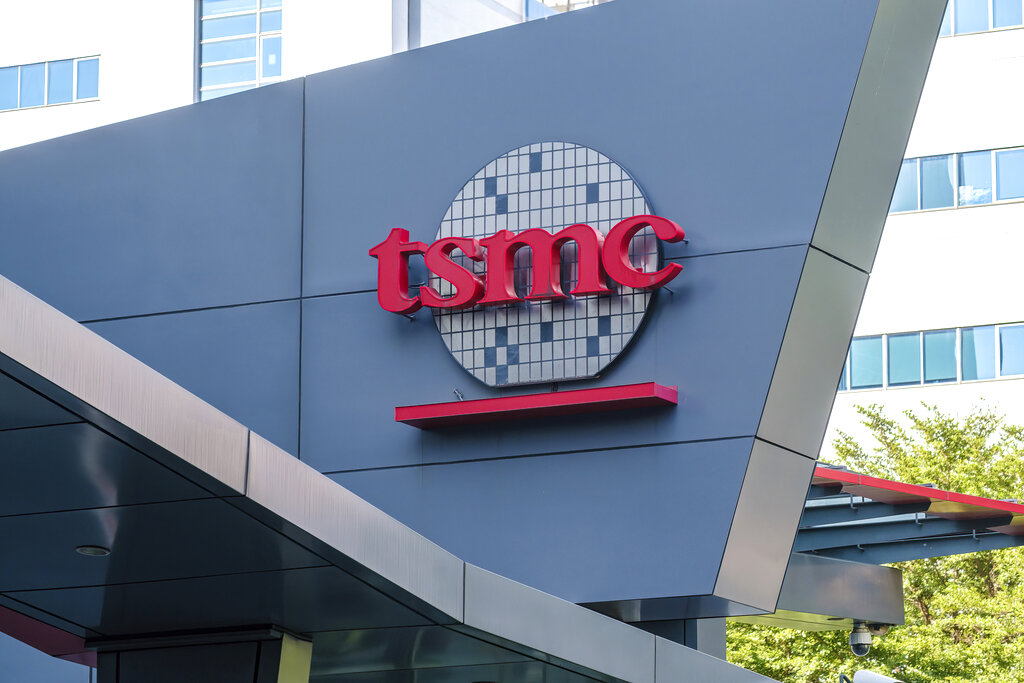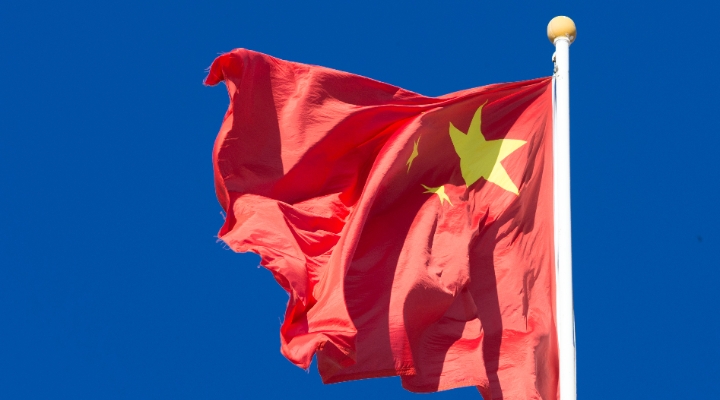Kate Lin: Welcome to the Morningstar Asia Outlook for 2023. I'm Kate Lin. I'm a data journalist based in Hong Kong. Electric vehicles and the supply chains that service these cars have performed so much worse than the market last year. Why? And is this hype for the names like NIO (NIO, 09866) and XPeng (XPEV, 09868) over? We're asking Vincent Sun, equity analyst at Morningstar.
Hi, Vincent.
Vincent Sun: Hi, Kate.
Lin: So, shares in EV makers performed poorly in 2022. XPeng is down 80% year-to-date. Why is that?
Sun: Yeah. We think the underperformance is mainly attributable to two things. First one is, we see a vehicle delivery slowdown in the second half of the year, partly due to the overall market slowdown on high base and partly due to each individual companies' model cycle. And second, investors are getting concerned about the intensifying competition and pricing pressure in China EV space with the leading players like Tesla cutting retail price. So, I think, coupled with the overall market weakness and investors' reduced risk appetite, hence the share price underperformance for the EV makers.
Lin: Right. You mentioned the intensifying competition among EV makers. Do you think the underperformance has not ended yet?
Sun: Yeah. We remain positive on the sector. Companies like NIO, XPeng, Li Auto (LI, 02015) have completed or halfway through their model upgrade process, and they started to build cars on the new generation platforms with more advanced technologies such as cockpit intelligence, fast charging, higher level of autonomous driving, et cetera. The country sold 6 million new-energy vehicles in the first 11 months of this year, and EV penetration reached 25% which was previously the target for year 2025. So, after sales doubled for two consecutive years, the growth rates for '23 are likely to slow down on a high base. But we expect EVs to continue taking shares from gasoline cars. It's just that with intensifying competition in this space investors need to be selective. We maintain our preference for NIO as the premium brands have held up well in pressed competition.
Lin: Right. So, the battery making market is quite consolidated with CATL (300750) leading the domestic market, but it has no moat. Why?
Sun: Yeah. The battery directly affects EV performance, including the driving range, safety, charging time, and so on. However, as batteries are becoming more commoditized, we believe battery supply lacks sufficient pricing power and sticky enough relationship with the automakers to award moat rating. While processing a larger capacity helps mitigate production cost, with raw material cost being the largest part of EV batteries, we believe there is little room for CATL to differentiate from others in the fast-growing battery industry. Along with the price competition, heavy capital expenditure and preceding R&D expenses, we do not believe the company can return excess returns on invested capital in the longer run.
Lin: So, what is your forecast on CATL and other Chinese better names in terms of capacity expansion and international business in the year to come?
Sun: Yeah. We expect rapid capacity expansion from major Chinese battery makers both in domestic market and in Europe to capture the significant growth opportunity. We forecast CATL to grow battery capacity to 670 gigawatt hours by 2025 from around 300 this year. The forecast also includes around 100 gigawatt hours at its two European plants in Germany and in Hungary. For China Aviation Lithium Battery, CALB (03931), the third largest battery supplier in China, we expect its capacity to expand by about 80% CAGR to 130 gigawatt hours in '25. The company also set up a plan to build a plant in Europe.
Lin: So, lithium is critical to the batteries that power EVs. What is their growth trajectory riding on the same EV adoption trends?
Sun: Right. Benefiting from the rapid EV adoption, we see fast growth for both top-line and bottom-line for the lithium suppliers this year, which are mainly driven by the elevated lithium price due to tight supply. For the next few years, we expect demand for lithium to remain strong but price to come off from the peak level witnessed this year. So, in other words, revenue growth for the names that we cover will be slower compared to '21, '22 as production capacity expansion being offset by the drop in lithium price. For Tianqi (09696), we forecast around 80% three-year CAGR for revenue and net profit during '21 to '24 and around 50% for Ganfeng (01772).
Lin: Lastly, tell us your top pick in EV manufacturer, battery maker and lithium supplier.
Sun: Our top pick in EV space is NIO for its premium brand positioning. The company has a relatively diversified model portfolio, and the starting price is above the major competition. We also like H shares of BYD (01211) for its strong plug-in hybrid model lineup, which could help defend against competition.
For battery maker, our pick is CATL for its clear leadership position over peers and its dominating 50% market share in China.
For lithium supplier, we like Tianqi for its self-sufficiency in lithium raw material supply that provides the company with low cost and a reliable upstream support.
Lin: Thank you so much, Vincent. Stay tuned for more on the Outlook series.













.png)






.jpg)





